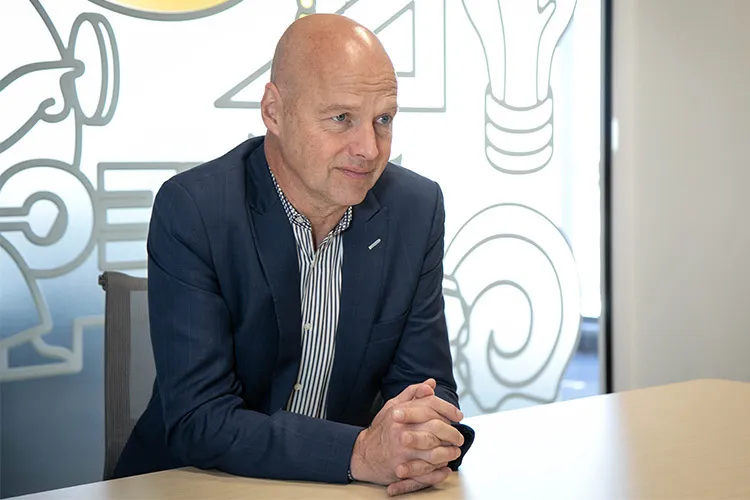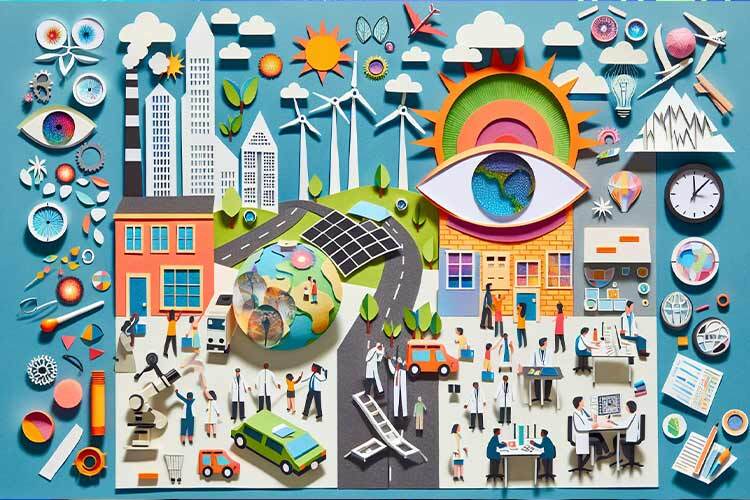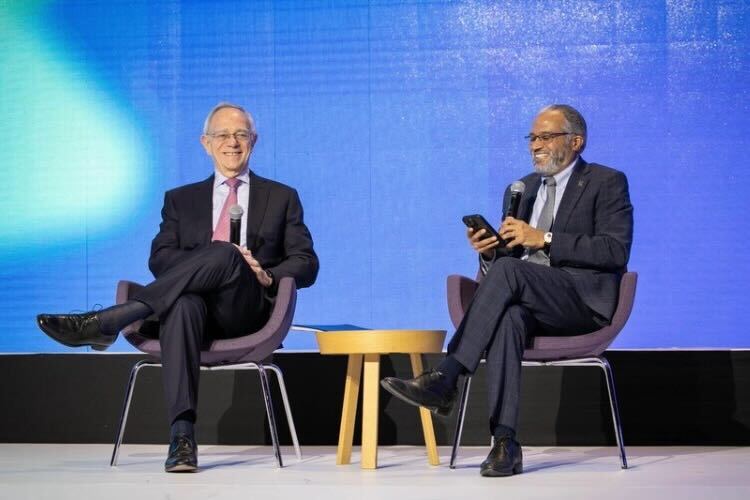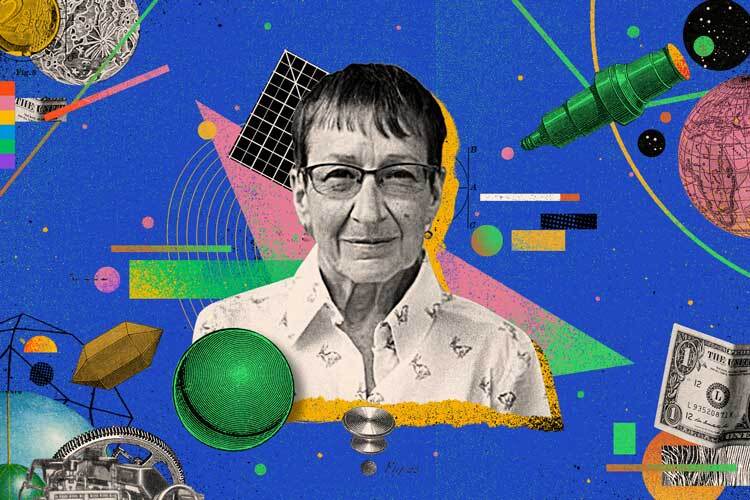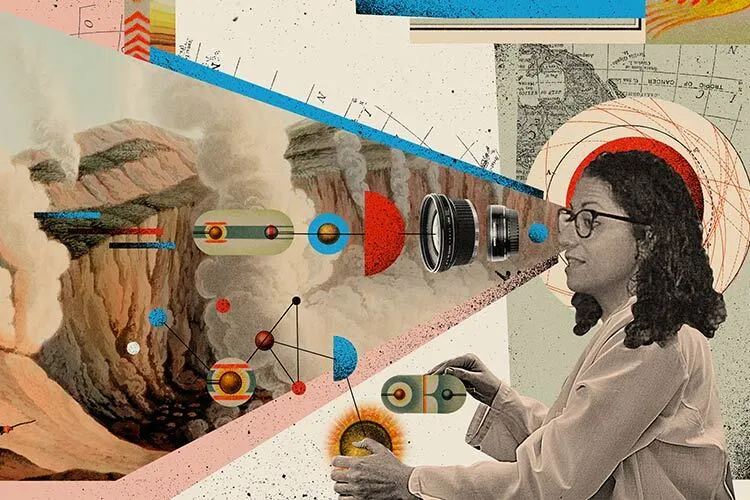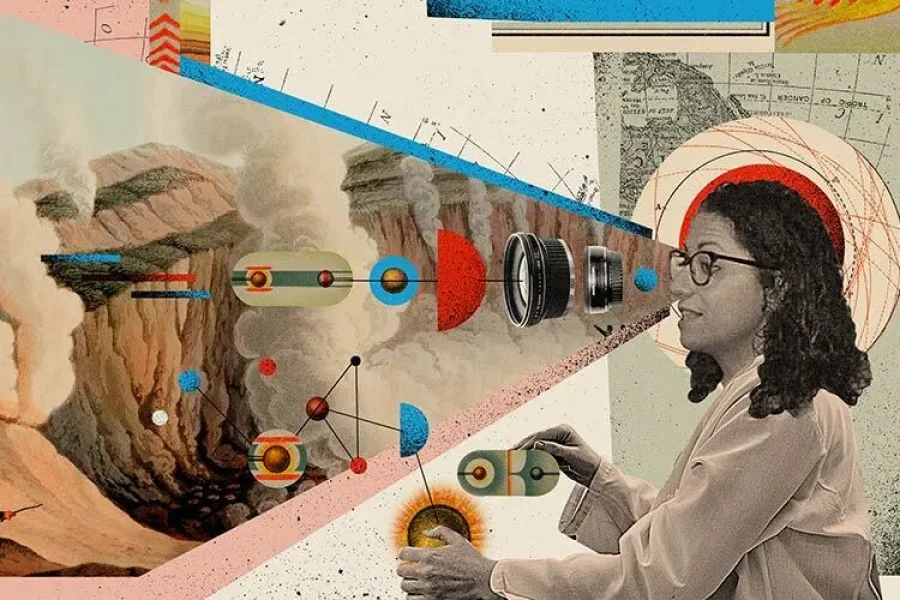Sebastian Thrun, former vice president of Google, Udacity board chairman, and Stanford University research professor, says technology is a game-changer that can level the playing field in education worldwide.
During an interview with TecScience, Thrun emphasizes the importance of technology, particularly Artificial Intelligence (AI), as a leveling force in society.
“Technology is the big leveling force in society that will make it possible for every person in the world to have access to high-quality education, and that’s really exciting. Historically, it’s not been the case.”
Thrun was one of the guests at the 2024 Board of Trustees Meeting at Tec de Monterrey, which annually brings together the Assembly of Associates, the institution’s highest governing body.
He claims that in the past, only privileged groups had access to great education in elite institutions; however, because of technology, everyone may now get a superior education regardless of where they are from or their socioeconomic level.
“I believe that we will truly democratize the ability to do research and education at a global scale. And we will for the first time ever, live in a world where no matter where you’re born, whether it’s in Indonesia or in Bangladesh or in North America, you’ll have the same opportunities. And that would be amazing,” he said.
Education, technology, and research: a path to development
Thrun illustrates this concept with the example of Udacity, which aspires to deliver top-tier education to around 24 nations, including some in economically disadvantaged areas such as Egypt.
In this location, the positive economic impact on freelance workers has been reported to be 750%, with a government spending of $16 million and a return on investment to the freelancing community of almost $120 million due to ongoing education through online courses.
“That means for every dollar spent on education, Egypt gets back 7.5 in international revenue and hard currency,” Thrun notes.
He additionally points out three essential characteristics that will influence the future of education and research: globalization, lifelong learning, and the possibility of personalizing education.
This hyper-personalization means that the content each student sees is explicitly customized to that individual, as opposed to traditional classes in which hundreds of students listen to the speaker at the same time.
“Personalization has been done for decades with tutors for each student. But now with Artificial Intelligence, that can be done on a larger scale, so we can make our students much smarter.”
Challenges and opportunities for democratizing education
He admits that educational institutions have not responded quickly enough to the changes despite the advancements.
Thrun advises that colleges and educational institutions take a proactive approach to embracing technology and keeping up with rapid technological innovation.
“I think the opportunity exists for countries like Mexico to aggressively adopt technology into education and research and thereby get an advantage over other countries. And that’s fundamentally a mindset question: whether Mexican educators, politicians, and researchers are willing to do this. But by doing so, they can, as educators, reach a much broader set of learners,” he said.
